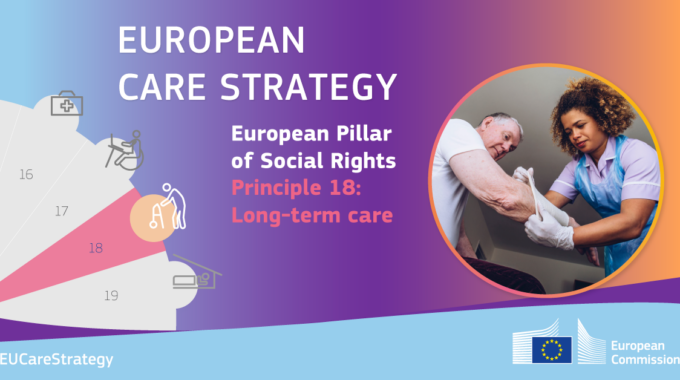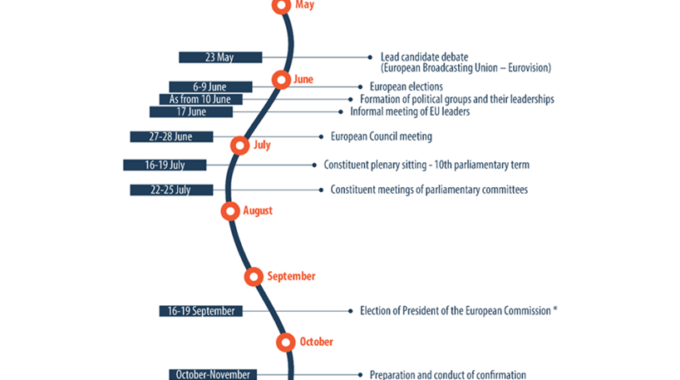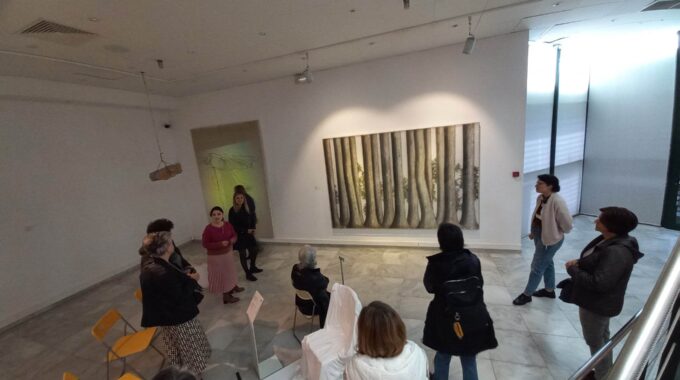
EU ministers adopt recommendations on early childhood and long term care
The Council adopted two recommendations: 1. on early childhood education and care and 2. on affordable high-quality long-term care.
Everyone – from the very young to the elderly – has a right to high-quality and affordable care. Investing in care makes economic sense and deserves our full attention as society ages.
Barcelona targets for 2030
The Council recommendation that focuses on early childhood education and care encourages member states to increase participation in these services. It follows on from the original “Barcelona targets” that were established by the European Council in 2002. It is recommended that:
- at least 45% of children below the age of three participate in early childhood education and care. (Specific targets apply to member states that have yet to reach the 2002 goals.)
- at least 96% of children between the age of three and the starting age for compulsory primary education should participate in early childhood education and care.
The recommendation also covers qualitative aspects such as staff-child ratios and group sizes and the territorial distribution of care facilities. When it comes to affordability and accessibility, member states are encouraged to limit out-of-pocket expenses for parents and to offer solutions for parents with atypical working hours allowing them to better reconcile work, family and private life.
Access to affordable high-quality long-term care
The long-term care recommendation proposes actions to make care more accessible, affordable and of better quality. It recommends – among other things – closing the territorial gaps in availability of and access to long-term care, in particular in rural and depopulating areas, ensuring compliance with quality criteria and standards across all long-term care settings and promoting autonomy and independent living.
Societal and economic benefits
A higher uptake of early childhood education and care facilitates women’s labour-market participation. It also enhances the social and cognitive development of children and their educational success. This is particularly important for children from disadvantaged backgrounds.
Investing in long-term care leads to the creation of jobs and – because it lightens the family care burden – unlocks labour resources for other sectors. Long-term care allows people to live their life in dignity and can give a boost to gender equality: care responsibilities keep millions of women out of the labour market or in part-time work. Care responsibilities may also have a negative impact on women’s pay and old-age pensions.
Background and next steps
On 7 September, the European Commission presented the European Care Strategy. The strategy was accompanied by two proposals for Council recommendations: one on early childhood education and care and another one on affordable high-quality long-term care.





